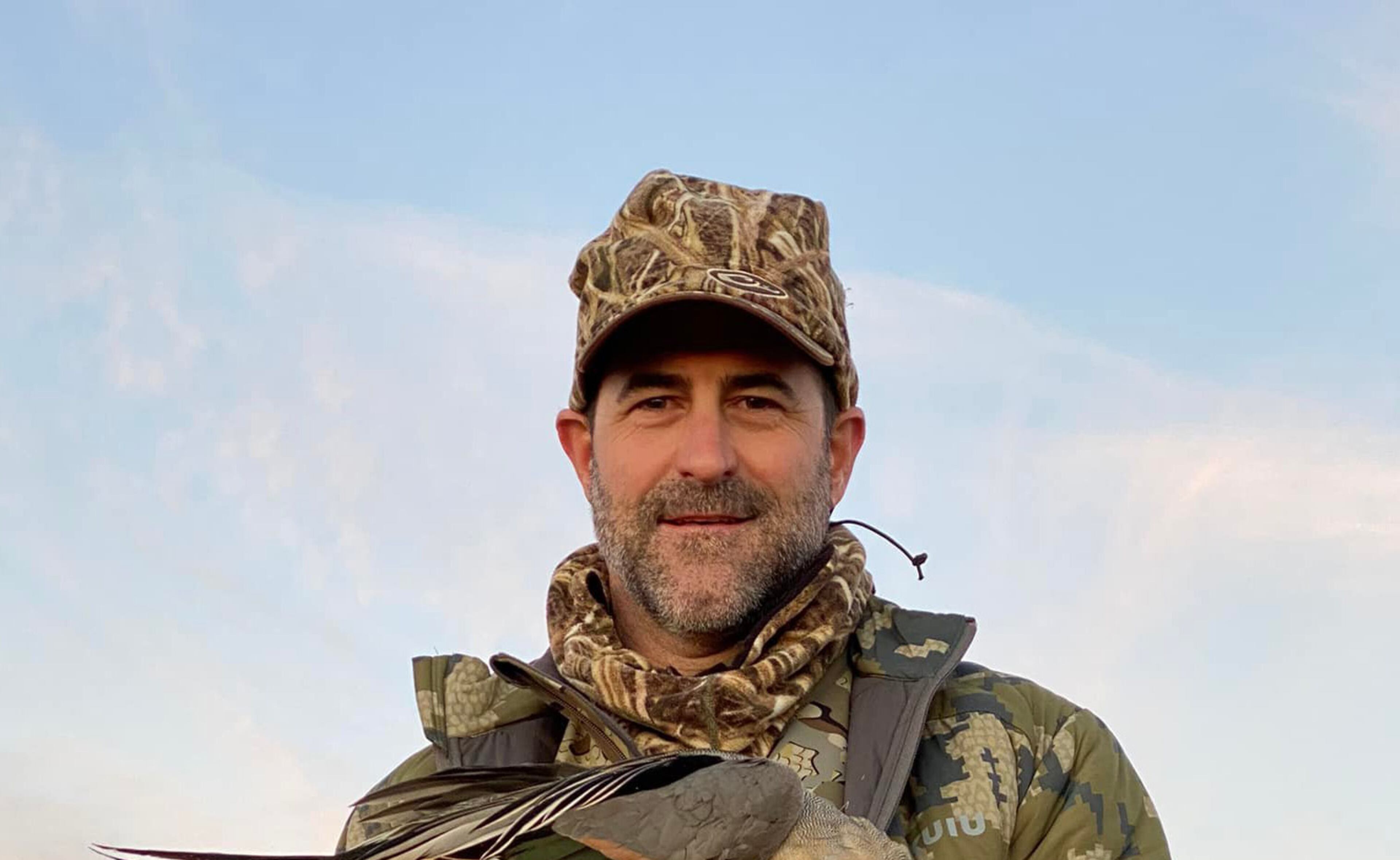Opinion: Don’t threaten needed conservation funding
Debate over the Second Amendment is nothing new for Georgia, which comes as no surprise in a state where not only has the firearms and ammunition industry generated $1.5 billion in total economic activity and employs more than 7,000 people but also where 49.2 percent of Georgians live in a home with a firearm.
As one of these Georgia gun owners, I am sympathetic to arguments made by U.S. Rep. Andrew Clyde, R-Athens, that taxation can be “weaponized” to price Americans out of exercising their Second Amendment rights.
As a hunter and wildlife conservationist, however, I am obligated to side with the vast majority of the outdoor sporting community in opposition to Rep. Clyde’s bill to repeal the Pittman-Robertson (PR) excise taxes, which are overwhelmingly popular among hunters and anglers because it has successfully generated more than $15 billion to state fish and wildlife agencies for conservation funding and other projects for nearly nine decades.

The Pittman-Robertson Act, also known as the Federal Aid in Wildlife Restoration Act, imposes an 11 percent excise tax on the manufacture – not the purchase – of long guns, ammunition and archery equipment and a 10 percent excise tax on handguns. An initiative led by sportsmen, with firearm industry support, the bill was signed into law in 1937 with broad bipartisan support and successfully amended in both 1970 and in 2019, which reaffirmed the law’s approval across the aisle and ensured this irreplaceable funding was meeting the ever-changing needs of the outdoor sporting community and our country’s conservation mission.
Specifically, the funds generated from these excise taxes are funneled into the Wildlife Restoration Account administered by the U.S. Fish and Wildlife Service, which in turn allocates the dollars across all 50 states and territories for critical conservation initiatives, wildlife restoration projects, hunter education and safety programs, and outdoor recreation recruitment and retention campaigns.
The funds generated from the Pittman-Robertson Act are far from insignificant. According to releases from the Department of the Interior, Pittman-Robertson Act generated more than $1.5 billion in excise tax revenues in 2021 alone. Here in Georgia specifically, PR grants totaled over a whopping $26 million in fiscal year 2020. These economic contributions went directly to projects that support wildlife conservation, such as the Georgia Department of Natural Resources’ State Wildlife Action Plan.
All of these efforts and more are at risk if Rep. Clyde’s “RETURN (Repealing Excise Tax on Unalienable Rights Now) our Constitutional Rights Act of 2022″ is allowed to make progress in Congress. This bill, introduced only a few weeks ago, already has over 50 co-sponsors and would immediately kneecap the U.S’s conservation efforts and endanger our nation’s status as a global leader in science-driven wildlife and habitat management.
Rep. Clyde’s stated goal is to eliminate a tax on a constitutional right, so it is critical to understand that the Pittman-Robertson tax is not levied on the consumer, but rather the firearm and equipment manufacturers. As such, there is no current infringement on our rights and we cannot turn to a measure that comes at the expense of conservation efforts — a beloved reason behind the sport adored by Georgians from Dalton to Thomasville, from Savannah to Columbus.
As you can imagine, sportsmen across the country have reacted by calling on members of Congress to oppose the legislation. Prior to the bill being introduced, Safari Club International and over 40 other hunting and fishing organizations, representing millions, sent a letter to leadership on the Senate Finance and House Ways and Means Committees. These organizations expressed their support for maintaining the Pittman-Robertson Act and their concerns about repealing the current law.
Among several red flags noted in the letter was one main point was how revoking the law would negatively impact the hunting community’s bond with state fish and wildlife agencies. By directly allocating funds from purchases under the Pittman-Robertson Act towards conservation and other programs, sportsmen and sporting manufacturers have a “seat held at the decision-making table” with these agencies, giving them more opportunities to play a significant role in defending hunters’ rights and participate in crucial conversations. Congress should protect this relationship to avoid the inevitable dangerous consequences that stem from a less-inclusive and more uninformed decision-making process.
Rep. Clyde and his colleagues must come to their senses about what repealing the longstanding Pittman-Robertson Act would mean for state wildlife management authorities and hunting culture, which millions of Americans cherish. The “RETURN our Constitutional Rights Act of 2022″ is a step in the wrong direction, and leaders in D.C. must recognize this before it’s too late.
Chris Albrecht is a Georgia businessman and avid outdoorsmen. He currently serves as the vice chairman of the Georgia Natural Resources Foundation Board and has held executive positions with Quail Unlimited, National Wild Turkey Federation, Ducks Unlimited and Safari Club International Georgia. He currently lives in Johns Creek with his wife, son, and daughter.


